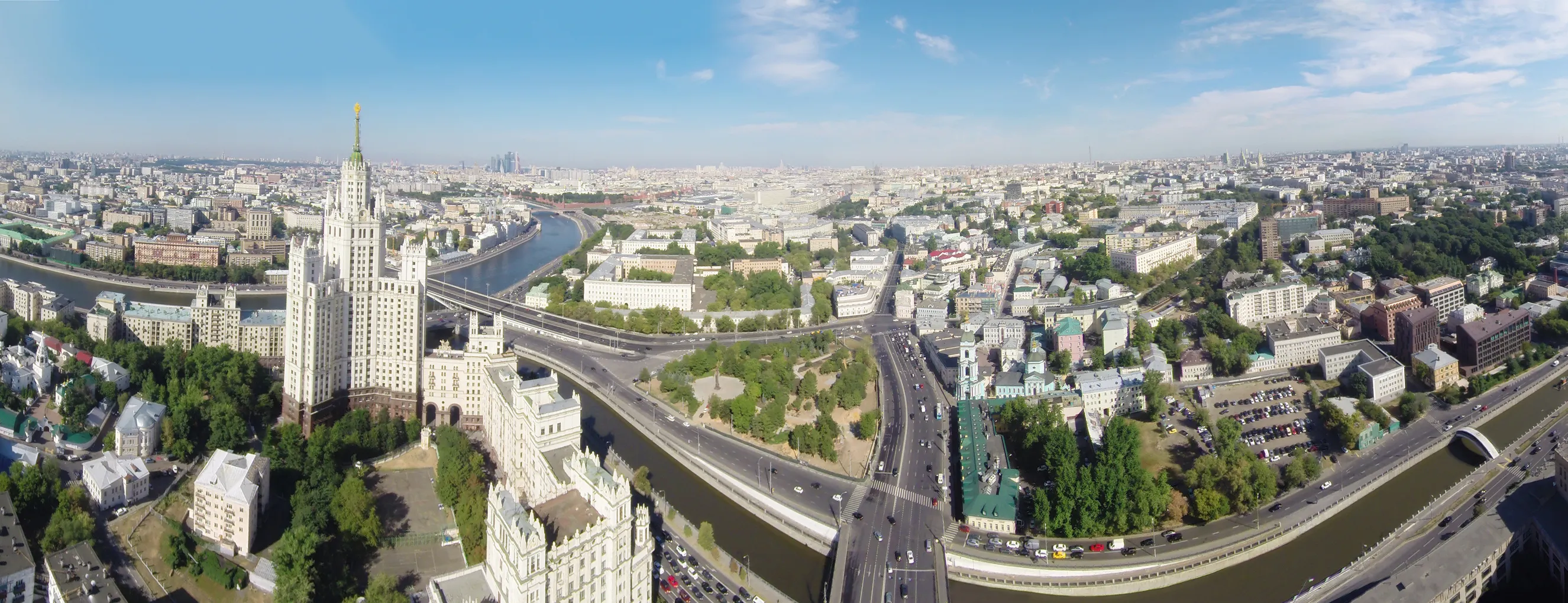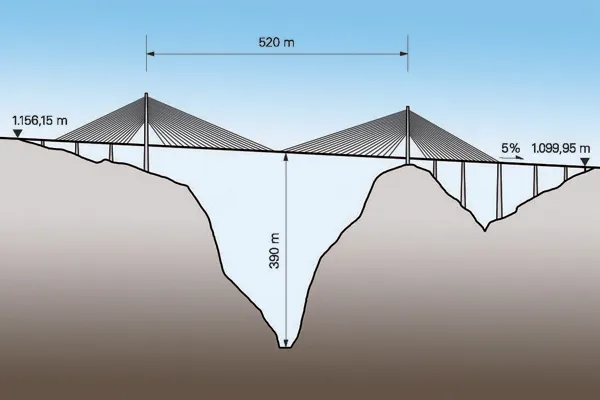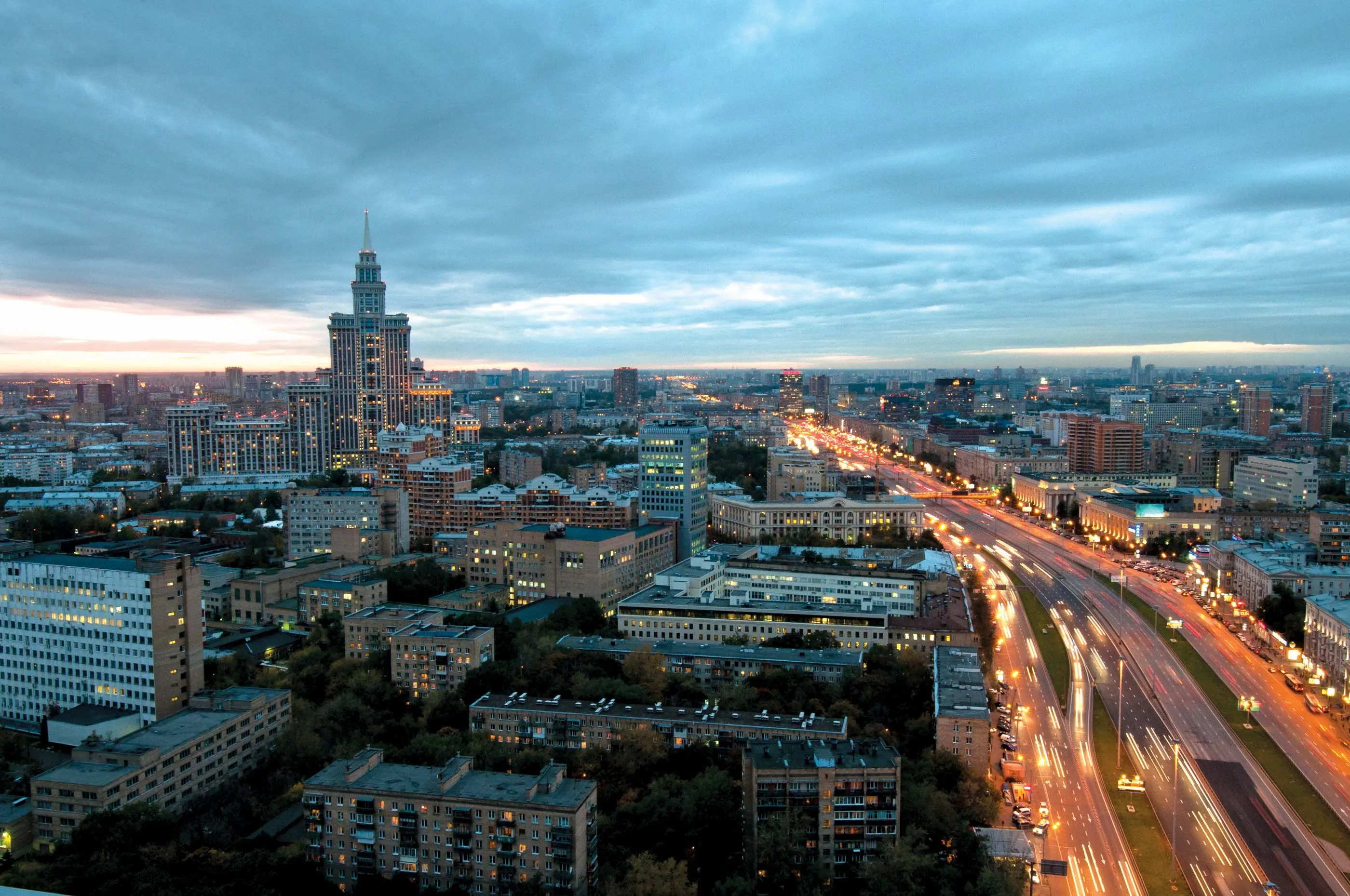Major cost reductions are being seen on some key highway projects in Russia including the new ring road project in St Petersburg, where the reduction is US$192.31 million. The management of the ring road in St Petersburg has signed an agreement with the main contractors (Flora, the corporation Inzhtransstroy) to cut costs by 12-17.6% in 2009-2010. The 12% reduction is equivalent to US$32.05 million and will apply to contractors that are to complete facilities in 2009. Meanwhile the 17.6% cut is for work pla
July 12, 2012
Read time: 2 mins
Major cost reductions are being seen on some key highway projects in Russia including the new ring road project in St Petersburg, where the reduction is US$192.31 million.
The management of the ring road in St Petersburg has signed an agreement with the main contractors (Flora, the corporation Inzhtransstroy) to cut costs by 12-17.6% in 2009-2010. The 12% reduction is equivalent to US$32.05 million and will apply to contractors that are to complete facilities in 2009. Meanwhile the 17.6% cut is for work planned in 2010. Savings of 20-25% are being made in construction materials.
However, plans are in hand for the Orlovsky Toll Tunnel project under the Neva River in St Petersburg. The project is expected to require an investment of some US$1.55 billion and will be a joint public and private partnership.
The 1km tunnel, expected to carry over 60,000 vehicles/day, will feature three lanes in either direction and provide a new link between the city centre and its north-east suburbs.
In Moscow, the city administration is cutting its 2009 road construction costs to $1 billion due to the financial crisis. The city's road construction budget was slashed to $1.47 billion, while investment in the city's fourth traffic ring has also been cut.
The Tyumen region has now reduced spending on construction and repairs of highways in the region three times in 2009. Investments in road building will now be cut to $256.41 million, with 30km of roads and seven bridges due to be built or rebuilt, with some 80km of road being upgraded and repaired.
The management of the ring road in St Petersburg has signed an agreement with the main contractors (Flora, the corporation Inzhtransstroy) to cut costs by 12-17.6% in 2009-2010. The 12% reduction is equivalent to US$32.05 million and will apply to contractors that are to complete facilities in 2009. Meanwhile the 17.6% cut is for work planned in 2010. Savings of 20-25% are being made in construction materials.
However, plans are in hand for the Orlovsky Toll Tunnel project under the Neva River in St Petersburg. The project is expected to require an investment of some US$1.55 billion and will be a joint public and private partnership.
The 1km tunnel, expected to carry over 60,000 vehicles/day, will feature three lanes in either direction and provide a new link between the city centre and its north-east suburbs.
In Moscow, the city administration is cutting its 2009 road construction costs to $1 billion due to the financial crisis. The city's road construction budget was slashed to $1.47 billion, while investment in the city's fourth traffic ring has also been cut.
The Tyumen region has now reduced spending on construction and repairs of highways in the region three times in 2009. Investments in road building will now be cut to $256.41 million, with 30km of roads and seven bridges due to be built or rebuilt, with some 80km of road being upgraded and repaired.








